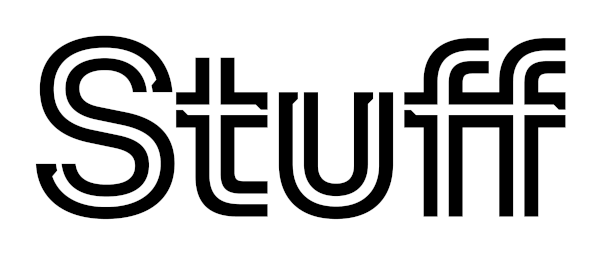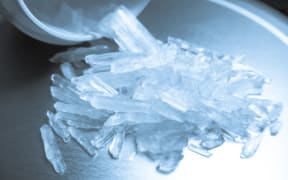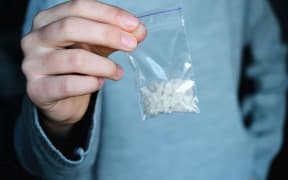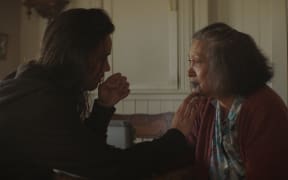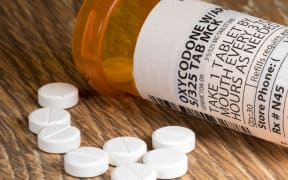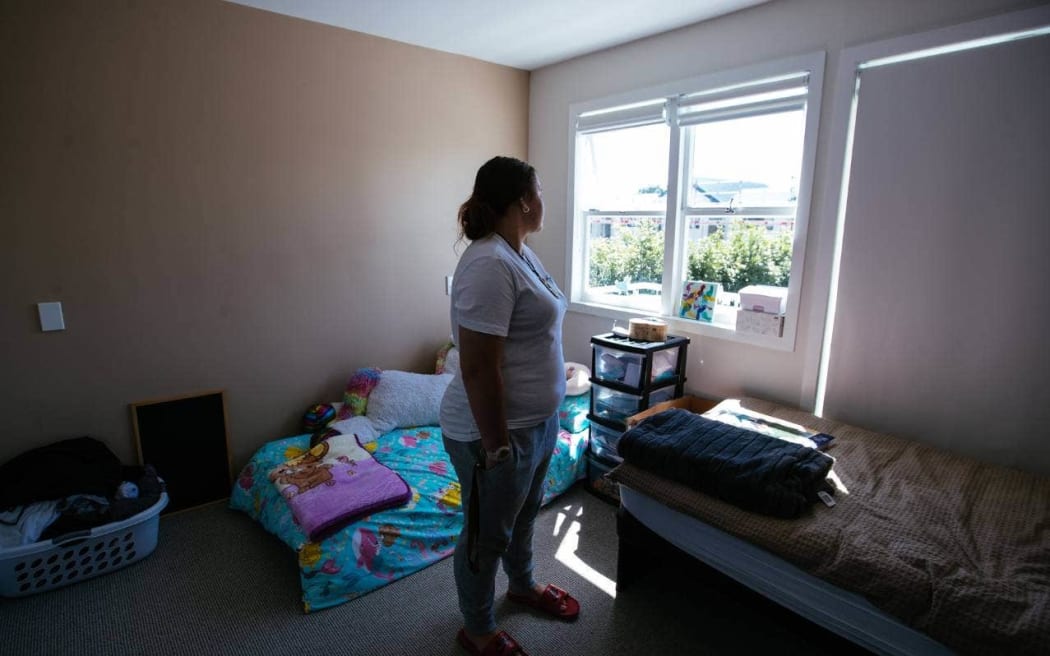
Jemma was 14 the first time she tried methamphetamine. The addiction took off. Photo: STUFF / Abigail Dougherty
Jemma was 14 the first time she tried methamphetamine. The addiction took off.
Drug use wasn't new to her. Born into a family plagued by addiction, meth was ever-present.
At an early age, she began selling marijuana. But Jemma - whose surname Stuff has chosen to withhold for privacy reasons - said her mother wanted more for her, so they left Tāmaki Makaurau and headed south for something better.
For a while things were hopeful. But not long after they left, her mother died. Distraught, Jemma moved back to Auckland.
"I started seeing my family using, and I thought that was what I wanted to be like, so I started," she said.
Her teens were spent cycling through addiction, turning her into a person she didn't recognise.
Then at 20 she became pregnant, but it wasn't enough to curb the habit.
After her daughter was born, social workers turned up at her bedside.
She was faced with two options: go through a rehabilitation programme, or have the baby uplifted. Jemma chose the former.
She stayed in the treatment programme two weeks, before she fled with the baby. Social workers arrived that night, and her daughter was removed from the house.
She was able to regain custody, but the addiction prevailed.
Not too long ago, while staying with friends, she noticed her daughter was acting differently, something was wrong.
They rushed her to hospital, and the two-year-old had meth in her system - nearly dying as a result.
"They pretty much said she was dead."
Jemma said it was then she knew she had to change. She was finally ready for rehab.
"I decided it was time for me to better myself for her," she said.
Six months ago, Oranga Tamariki referred her to Te Whare Taonga, a programme with Higher Ground that allowed young wāhine, and soon-to-be mothers, to stay with their pēpi while receiving comprehensive treatment for substance abuse.
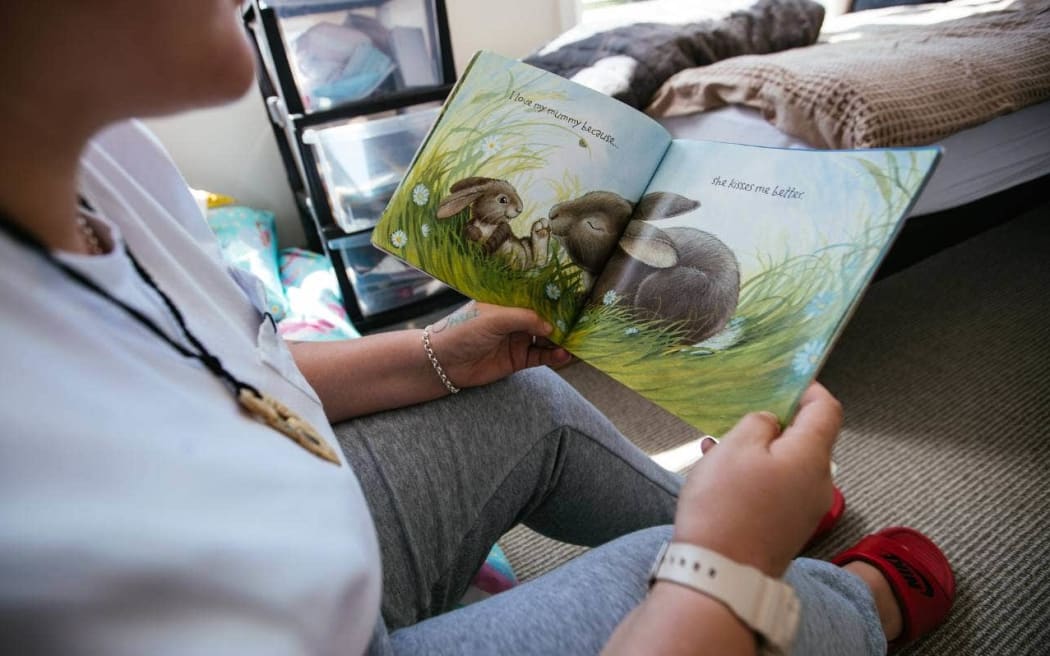
Jemma said she struggled when she first came into the centre, without her daughter. Photo: STUFF / Abigail Dougherty
Higher Ground approached Oranga Tamariki with a proposal for the unit about two years ago, and they agreed to fund a two-year pilot programme.
Jemma came in alone at first, and it was a struggle until her daughter joined her.
Jemma said her days now are structured, a far cry from her life outside, surrounded with women in the same boat, facing the same struggles. It's full on, but worth it, she said.
Now 22, Jemma is sober six months, and counting. In a few weeks she will become the fifth person to graduate from the mums and babies unit.
She's nervous to leave Te Whare Taonga, but ready for the next step.
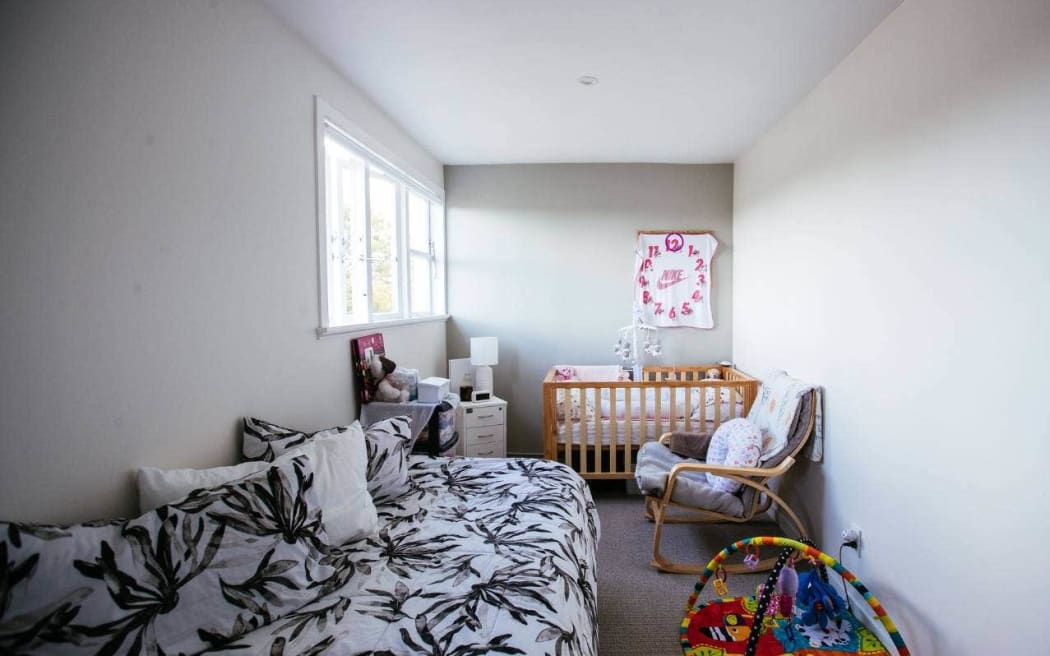
There were eight beds within the house, and four people are currently undergoing treatment. Photo: STUFF / Abigail Dougherty
"I know this is what I want now, and I am so much happier. This place has given me so much."
In a house in West Auckland, a portrait of calm, Jemma recalled her journey - in many ways, this house was now home for her, and the other wāhine in the unit, she said.
"My advice would be, be open and honest and reach out. There are places now to help.
"I am so grateful for this place, a lot of mothers need it ...and I can just imagine how many people out there who are struggling."
Higher Ground's clinical operations manager Maree Matthews said there was still a stigma among pregnant drug users that if they seek help, their children will be taken away.
These were not typical expectant mothers, Matthews said. A lot of them had been in the system themselves, or had come out of violent situations.
This programme focused on prevention, stopping those mothers who have substance issues from having their children uplifted, she said.
"This is a way women can access treatment, work on their behaviours and addictions, and learn to parent in a healthy way.
"What we see with a lot of clients that we treat in our adult programme, is that often the issues they face in their adult life are a result of what happened with disconnection in those early years of life."
Women also faced a lot of barriers to accessing care, more so than men, often because of motherhood, and the responsibilities that come along with that, she said.
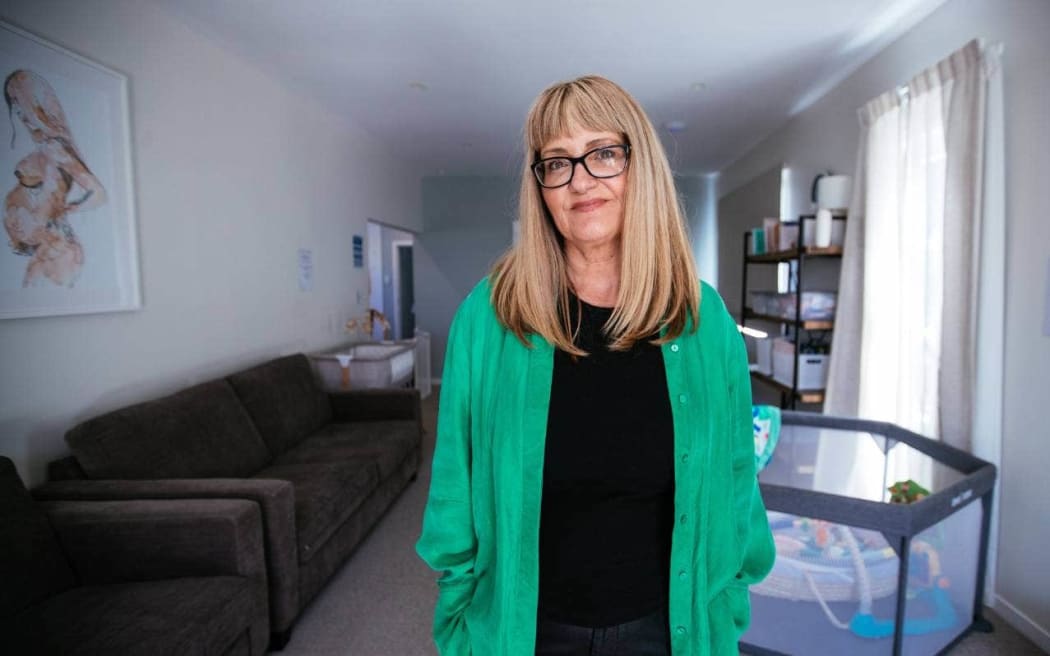
Higher Ground clinical operations manager Maree Matthews said there had been an unmet need for this kind of care for a long time. Photo: STUFF / Abigail Dougherty
For a long time, there had been an unmet need for this kind of care, she said.
The programme had been operating since January last year, but a ceremony last week marked the official opening.
There were eight beds within the house, and four people were undergoing treatment, two pregnant, and two with children under three.
Four wāhine had already successfully completed the six-month programme.
"If we can do anything to stop the ambulance always being at the bottom of the cliff, and work at the top and preventing it, that's our goal."
* This story originally appeared on Stuff.
